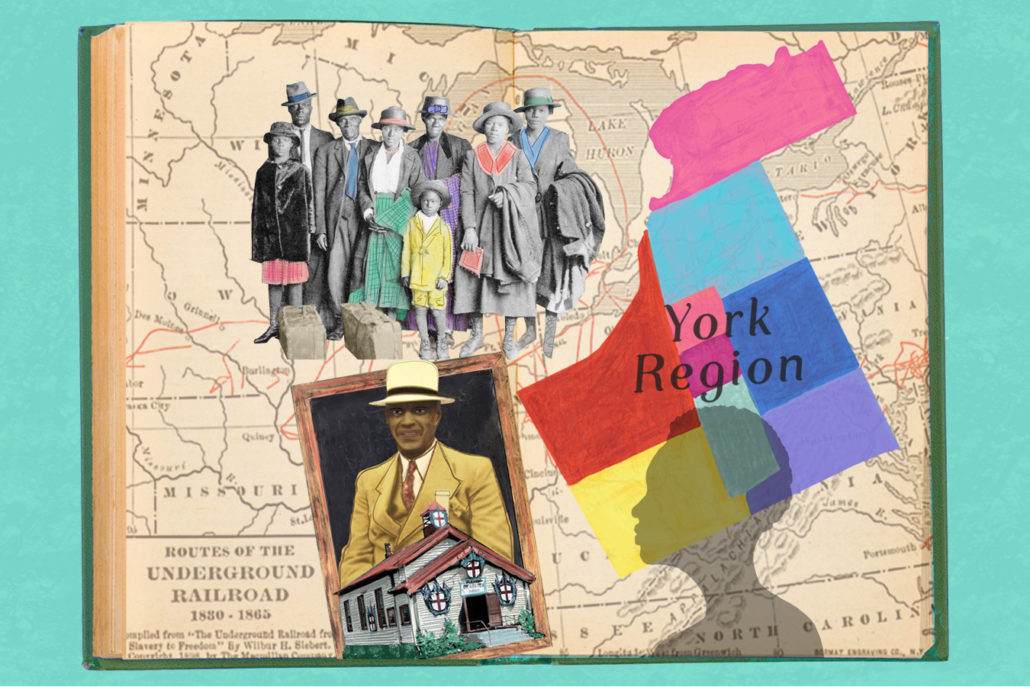
The people and milestones that shaped one of the province’s most diverse regions
When it comes to Black history, Canadians are sometimes more aware of contributions made by American icons, like Dr. Martin Luther King, Jr. or Rosa Parks, than our own heroes. (We should also acknowledge that sometimes we’re more aware of anti-Black racism in the United States than our own biases.)
From the earliest Black settlements in the Maritimes to the Chatham-Kent region of Ontario, which played an important role in the Underground Railroad, to smaller settlements in British Columbia and Alberta, to modern role models, there’s plenty to learn about Black Canadian history. But maybe it’s best to start close to home—so, here’s what you should know about the Black history of York Region, one of Ontario’s most diverse communities.
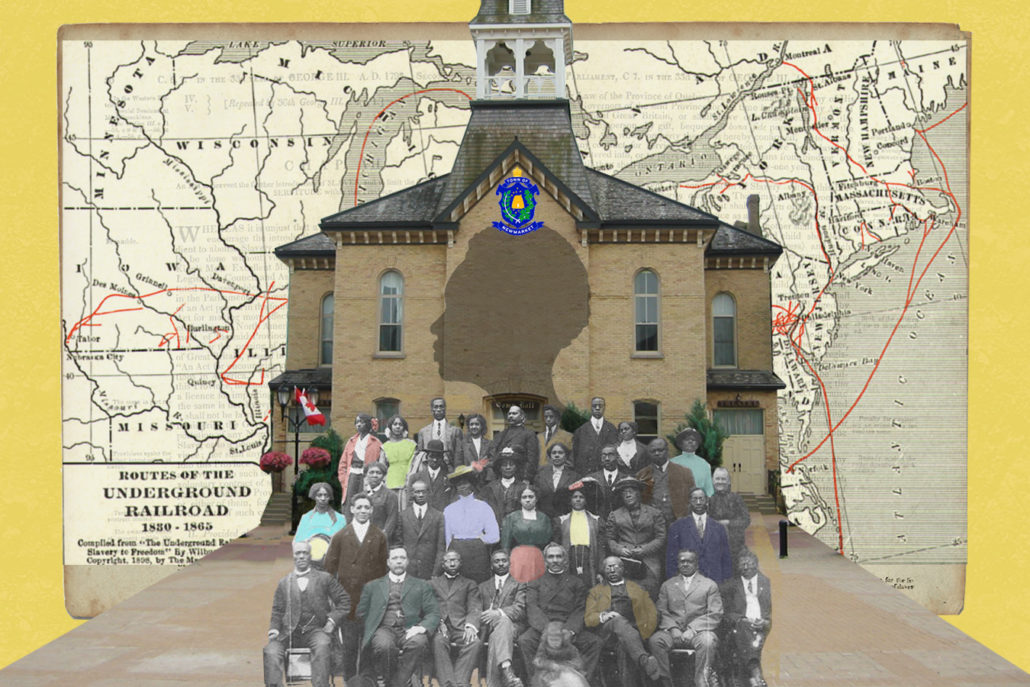
Henry Hisson’s Road to Affluence
After escaping to Canada through the Underground Railroad in the 1800s, Henry Hisson, his wife and other former slaves founded a settlement for Blacks in East Gwillimbury. The settlement provided refuge to several men and their families, many of whom were hired to work on a nearby sawmill owned by William Cane, Newmarket’s first mayor. Hisson, who later purchased land from Cane, became the most affluent Black man in the area due to his successful charcoal company.
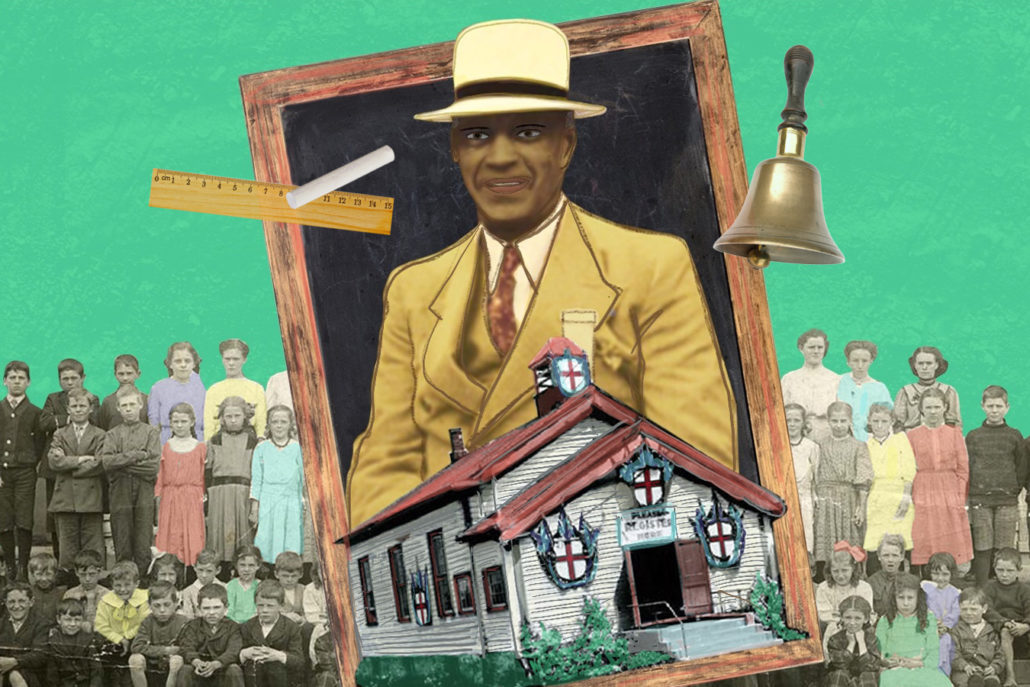
Walter Rolling Educates Generations
King Township’s first Black educator, Walter Rolling, shaped young minds for 41 years. Rolling, who started teaching at SS #23 Kinghorn in 1895, earned less than white teachers at the school during his first year. But, 15 years later, when he was offered a senior teaching position at another school (and a significant raise), he turned it down in favour of staying at Kinghorn, where he’d sometimes end up teaching the children of his former students.
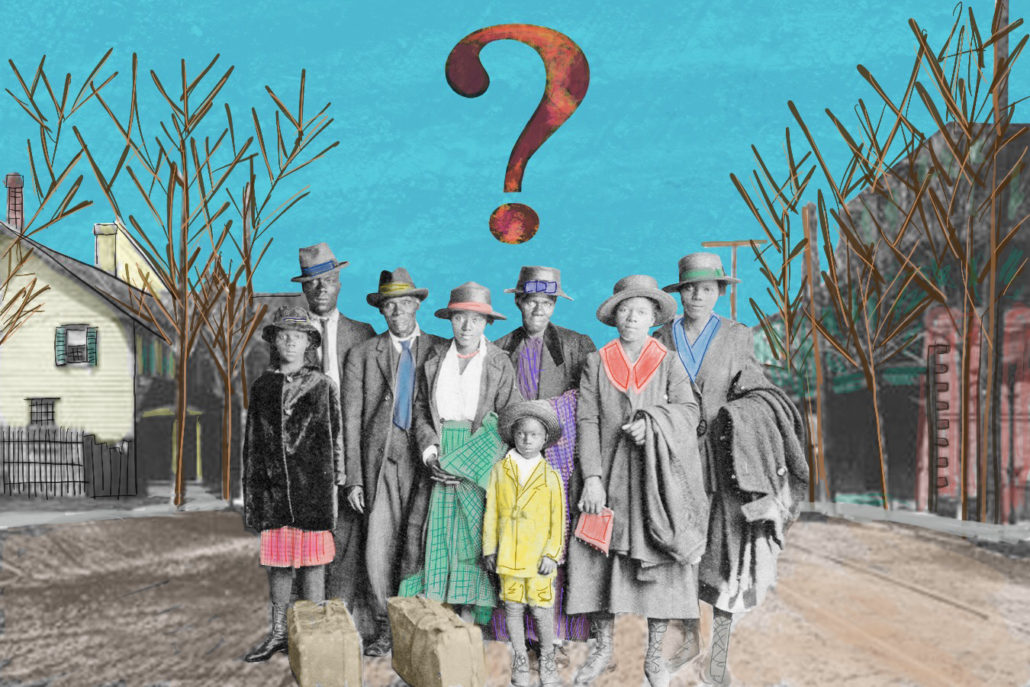
The Mystery Cabin in Richmond Hill
In the 1990s, archaeologists uncovered the remnants of a cabin near Yonge Street and Elgin Mills Road in Richmond Hill. Broken pipes date back to between 1843 and 1871—but for years, no one knew who had lived there. Now, thanks to York University researcher and librarian Guylaine Petrin, we might. Apparently, several Black families took refuge in Richmond Hill after fleeing the United States to avoid being captured and sold into slavery. Historians still aren’t certain why the families chose Richmond Hill, but they believe the distance from the U.S. border and the opportunity to work might have played a role.
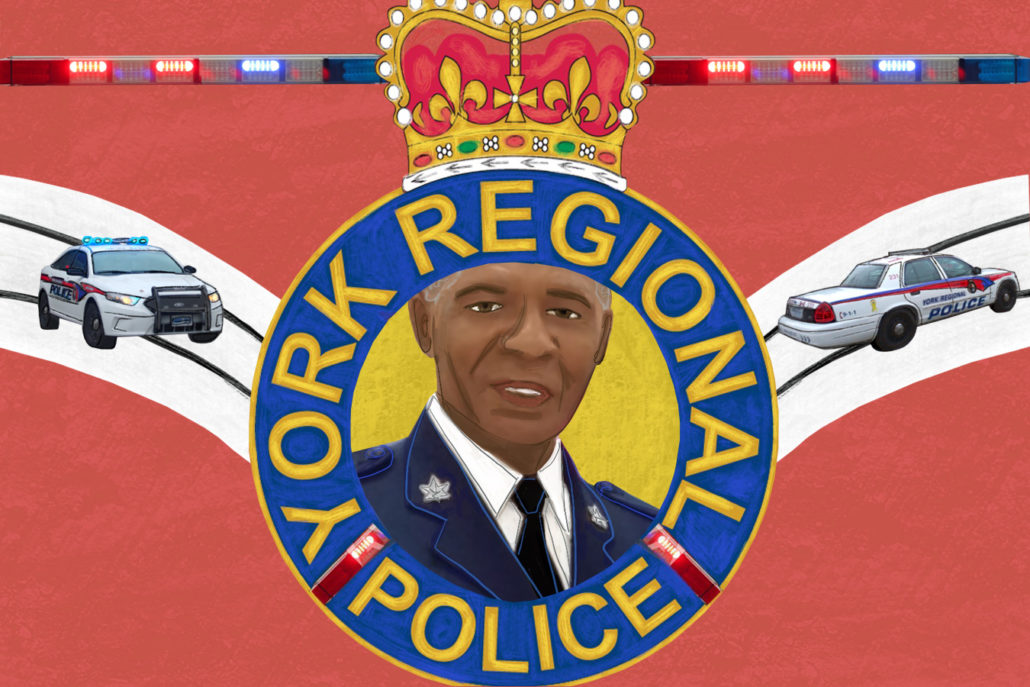
Staff Sergeant Ezra ‘Tony’ Browne Gets His Due
Staff Sergeant Tony Browne can remember a time when there were no other Black faces in the York Regional Police Service. Browne, who was rejected by the Toronto Police Service and the Ontario Provincial Police before landing in York, faced racism from other cops early in his career. Three decades later, the retired officer has received numerous awards for his bravery—and his involvement in improving race relations in the police force.

Tracy Moore Adds Diversity to Canadian TV
In a business that often lacks diversity, Tracy Moore tries to be the face young girls and women can look up to. Since becoming the host of Cityline, Canada’s most successful women’s daytime talk show, the former Richmond Hill resident has become an inspiration to women across the country. Moore doesn’t just impact her community through television screens. Out of the studio, she’s a huge advocate for female empowerment and the betterment of children’s lives.

Community Mom Launches Black Girls Magazine
Inspired by her two daughters, Annette Bazira-Okafor began Black Girls Magazine as a way for young women to see themselves represented in a medium that usually ignores them. Launched in June 2016, the bi-annual publication features stories written by a dozen middle school students across the GTA. The magazine is available at all Vaughan public libraries, and some libraries in Richmond Hill and Toronto.
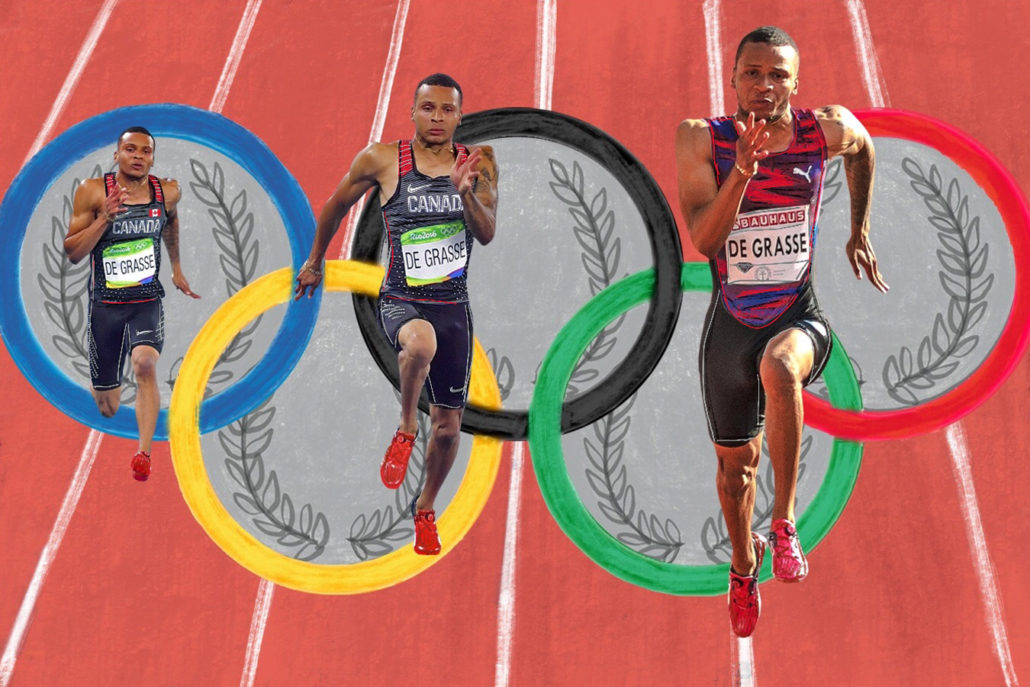
Andre De Grasse Sprints Into the History Books
Raised in Markham, De Grasse made history at the 2015 Pan Am Games when he won gold medals in both the 100m and 200m races. The 24-year-old sprinter was also a triple medalist at the 2016 Olympics, becoming the first Canadian to win three sprint medals at a single Olympic Games. De Grasse, who was discovered at a high school track meet, also runs the Andre De Grasse Family Foundation, a charitable organization that empowers young people through sport and education.